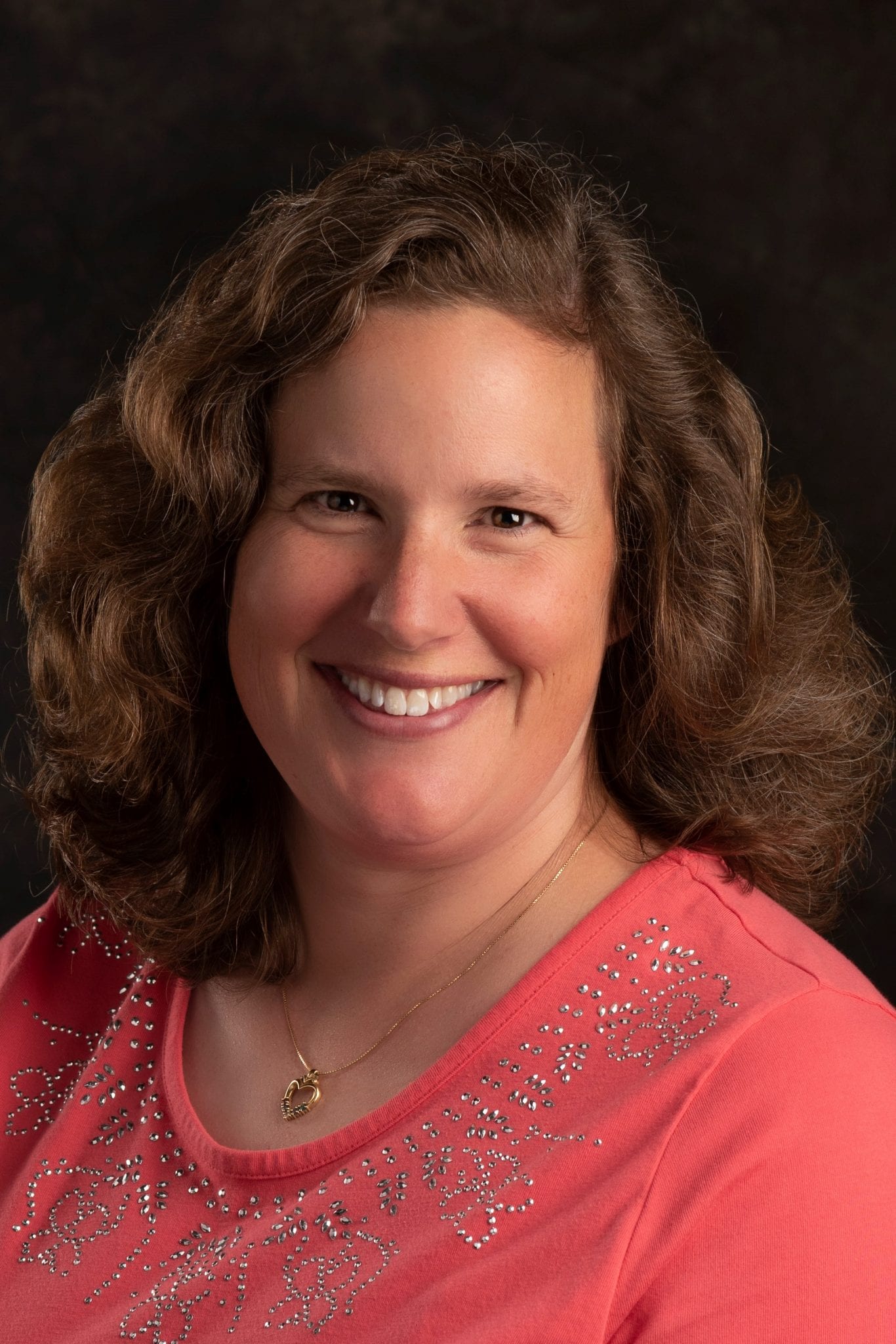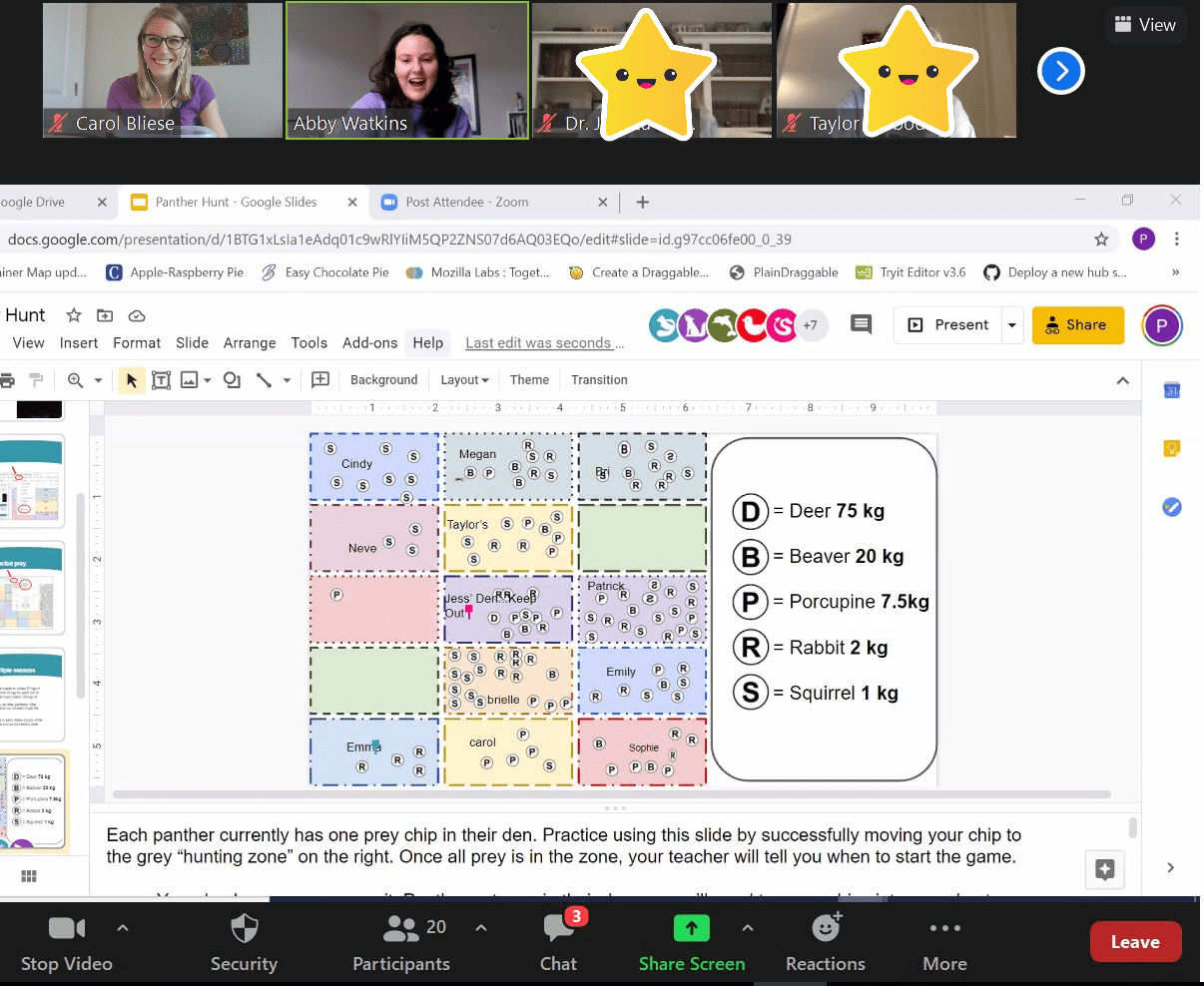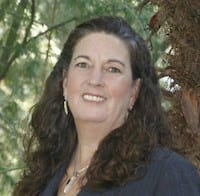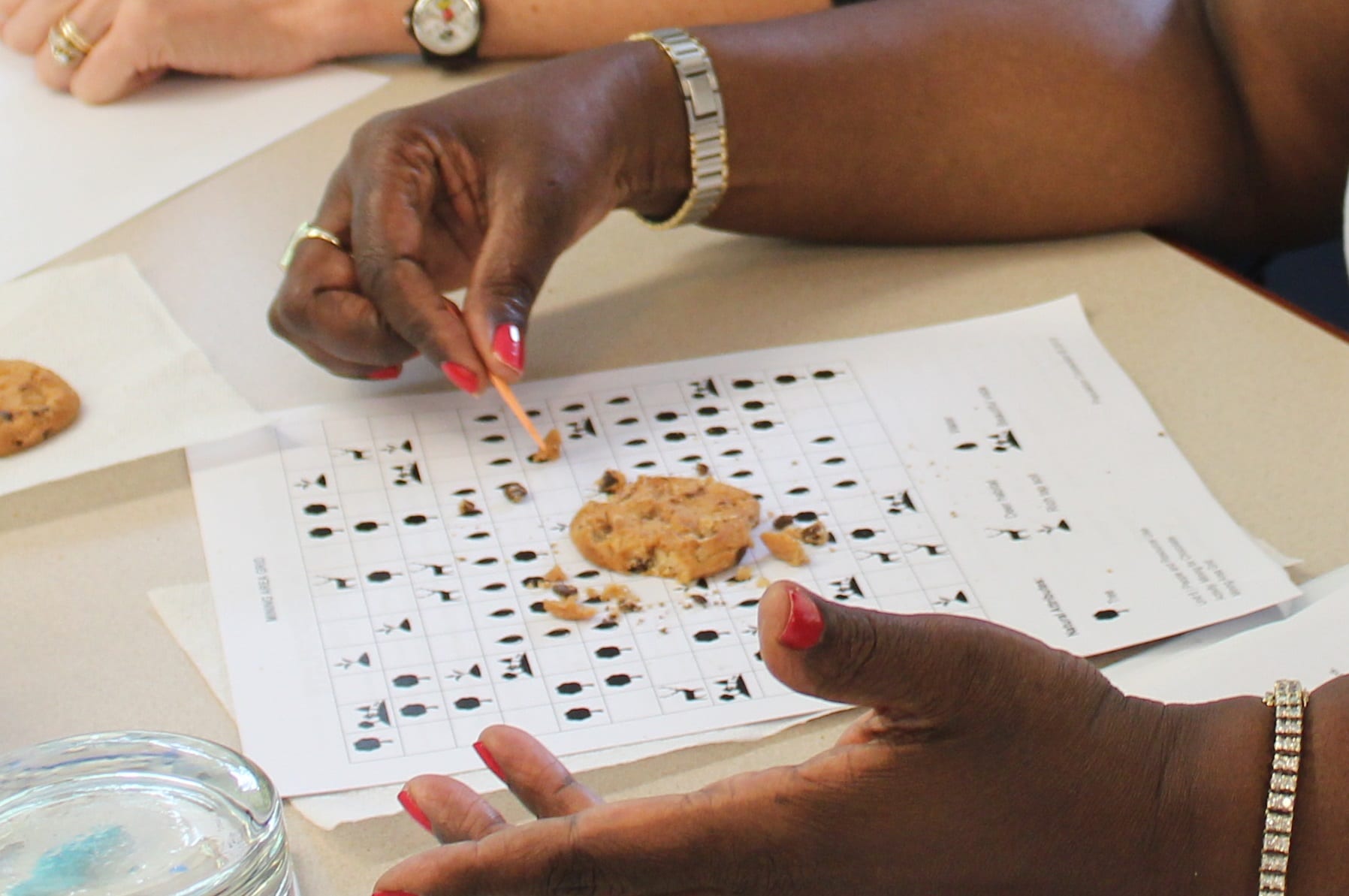Congratulations to Kathryn (Kate) Silvis and Lynda Deschambault for being selected as PopEd’s Most Valuable Trainers (MVTs) of 2021. This year, the COVID-19 pandemic has impacted learning in many ways. For educators, the transition from in-person learning to remote learning has presented many challenges. Despite these circumstances, our two MVTs Kate and Lynda, were committed to supporting PopEd across the board. They facilitated virtual training workshops, shared PopEd resources, and even contributed to strategy development for future workshops. I had the opportunity to interview Kate and Lynda to learn more about what makes them such great PopEd champions!
 Dr. Kate Silvis, A Most Valuable Trainer 2021
Dr. Kate Silvis, A Most Valuable Trainer 2021
Kate, a Professor and Chair of Education at La Roche University in Pittsburgh, has been a key figure in facilitating PopEd’s Act48 programming in Pennsylvania. Act 48 is a Pennsylvania law requiring teachers to get a certain number of professional development credits every five years to renew their teaching certificate. Kate has served both as a facilitator of PopEd’s Act 48 workshops and as part of the strategizing team to expand Act 48 programming throughout the state. She has even led two virtual Act 48 workshops this past year during the COVID-19 pandemic.
How did you discover and begin using PopEd materials?
KS: I am a Professor and PopEd asked if I would like a workshop for my Social Studies and Science methods class, mentioning that my future teachers would benefit from participating. I asked for another workshop the next year but the trainer got lost because on our campus, many buildings have the same name. The trainer thought that I handled it well and said “you should be a trainer!”
What made you want to be a PopEd Trainer?
KS: I had seen other people do these interactive activities and it looked like fun – I wanted to do it myself. I also wanted to provide Act 48 workshops to local teachers, since I can earn my credits by presenting these workshops. I love the mix of future and current teachers working together with people that have a different background than they do. My ultimate plan is to pair an undergraduate student with a current teacher to attend professional development workshops and have them use PopEd lesson plans together to support each other.
 What is your favorite PopEd lesson plan?
What is your favorite PopEd lesson plan?
KS: Panther Hunt – it’s fun to watch teachers go get their “food” and go back to their “den.” I love the virtual panther hunt too – PopEd did a fabulous job taking those face-to-face lessons and converting them to virtual lessons. It’s been incredible having these virtual lessons to use the past year.
What is your biggest take-away from presenting PopEd workshops virtually? Are there any specific challenges you had to overcome or benefits of the virtual environment?
KS: I attended the PopEd webinars and I learned a lot about how to teach virtually. Having a different Google folder for different breakout rooms is a nice way to involve small groups and be interactive. And on the virtual tools, everything is there for you – there are prompts, directions, and a wealth of resources. I wanted to share with others. It was really nice to co-present with Raf for a virtual session, since I wasn’t as familiar with the tools PopEd had created. We could go back and forth between the two of us. It was fantastic to work with him.
Do you have a memorable experience or presentation as a PopEd trainer you’d like to share?
KS: For my first PopEd workshop, I was presenting in Memphis, TN and using the lesson “Something for Everyone.” In the lesson, the facilitator plays music and people around the table grab chips in order to model sharing renewable resources. I spent a long time choosing an Elvis Song to play, but all the chips were gone not even 2 minutes into the song. If people take everything, there is nothing to share. The lesson has been applicable to the pandemic, similar to when all the toilet paper was gone.
Any specific tips or ideas on using Pop Ed materials or presenting PopEd workshops?
KS: Try activities in advance with a small group of people to familiarize yourself with the material. I had the chance to practice with Raf, and knew that if something went wrong, I’d have someone there to help. Also, it’s nice to have a connection to children’s literature. Teachers appreciate children’s books and enjoy thinking about how they can use them in a classroom. Also, think about grade level adaptations if you’re focusing on different levels.
 Lynda Deschambault, A Most Valuable Trainer 2021
Lynda Deschambault, A Most Valuable Trainer 2021
Congratulations to Lynda Deschambault for being selected as one of Pop Ed’s Most Valuable Trainers! Lynda is an environmental scientist and is currently the Executive Director of the Contra Costa County Climate Leaders. She is a veteran trainer (she’s been in the Network for 20 years!) and has presented many PopEd workshops around her home-state of California. Like many teachers during the COVID-19 pandemic, Lynda had to adapt to teaching virtually, which for her presented a new challenge. However, she was committed to the task and delivered excellent virtual PopEd workshops.
How did you discover and begin using PopEd materials?
LD: I was a member Population Connection back when it was “Zero Population Growth” and I’ve always thought that population stabilization was at the core of my work. I saw an ad to be a trainer and it was a strong calling. The core of our problems is too many people and too much stuff. I discovered the organization long before PopEd materials and always liked the core issues. When they developed into PopEd materials, I said that is what I need.
What made you want to be a PopEd Trainer?
LD: At the core of environmental issues is education. I’ve always wished and slightly regretted that I wasn’t a teacher, but my career took me down a path as an environmental scientist. Being a PopEd trainer was interesting to me and I felt it was a great way to do both, follow my calling and do what is necessary. My core passion is protecting the environment but always with education in mind.

What is your favorite PopEd lesson plan?
LD: I love the simple one, Earth: The Apple of my Eye. It’s so simple and visual that anybody can “get it.” The sliver at the end is what is supporting life on Earth. Also, Mining for Chocolate – that one really hits home for me. Can you do it without damaging the cookie and what’s around it? Can you put the cookie back together again? I worked for the EPA for 20 years managing mountain top removal mining sites. We can’t mine the resources this way without it crumbling away, and in the lesson, you can’t take resources out without the cookie crumbling. I also like People on the Move, where you hand out Hershey’s Kisses to one side of the classroom, creating a border in the middle of the room. It shows how a border can be arbitrary, and has students consider questions like, “What is the impact of the border?” “Why do people cross borders?” “How can we share more equally across borders?”
What is your biggest take-away from presenting PopEd workshops virtually? Are there any specific challenges you had to overcome or benefits of the virtual environment?
LD: I’m not a teacher, and I have so much respect for teachers that are flexible. I felt really challenged when we went virtual. I encountered challenges teaching the workshops, engaging, and screen sharing. The technology was overwhelming, and I have a lot of respect for teachers that came up to speed so quickly and changed to that format. One of the benefits is I was able to teach a workshop that would have been a 4-hour drive for me. It is a lower environmental impact with no carbon footprint to travel to the class. So now I hope I get to teach more workshops even when I’m not in California.
Do you have a memorable experience or presentation as a PopEd trainer you’d like to share?
LD: One of the teachers had come from another country and she did not like the borders lessons because she thought it was too simple. I told her she was right (it is a simplified simulation) but as a teacher she can weave in her own experiences. We had a great conversation and she agreed with me. It felt like such a success and it really showed how versatile these materials are. It really solidified how important and flexible the curriculum can be. I have another memorable experience, I took the Earth: Apple of my Eye and Mining for Chocolate lessons to this meeting with some old conservative White men and they were receptive to the lesson. The curriculum is so flexible and you can take it out of the classroom and teach it in other venues with no intimidation and it allows them to do the critical thinking. It takes big and complex issues and teaches it in easy, simple to understand ways.
Any specific tips or ideas on using Pop Ed materials or presenting PopEd workshops?
LD: Have fun and use the flexibility of the curriculum. Weave in your own experiences, it helps people to remember the lessons. Bring your energy. “In the end we will conserve only what we love; we will love only what we understand; and we will understand only what we are taught.” (Baba Dioum, 1968.) This summarizes why, as an environmental scientist, I teach PopEd workshops.
Interviews have been edited for length and clarity.


